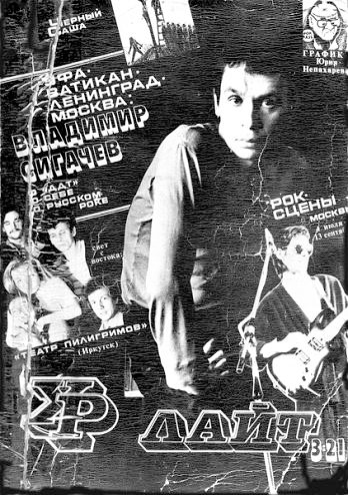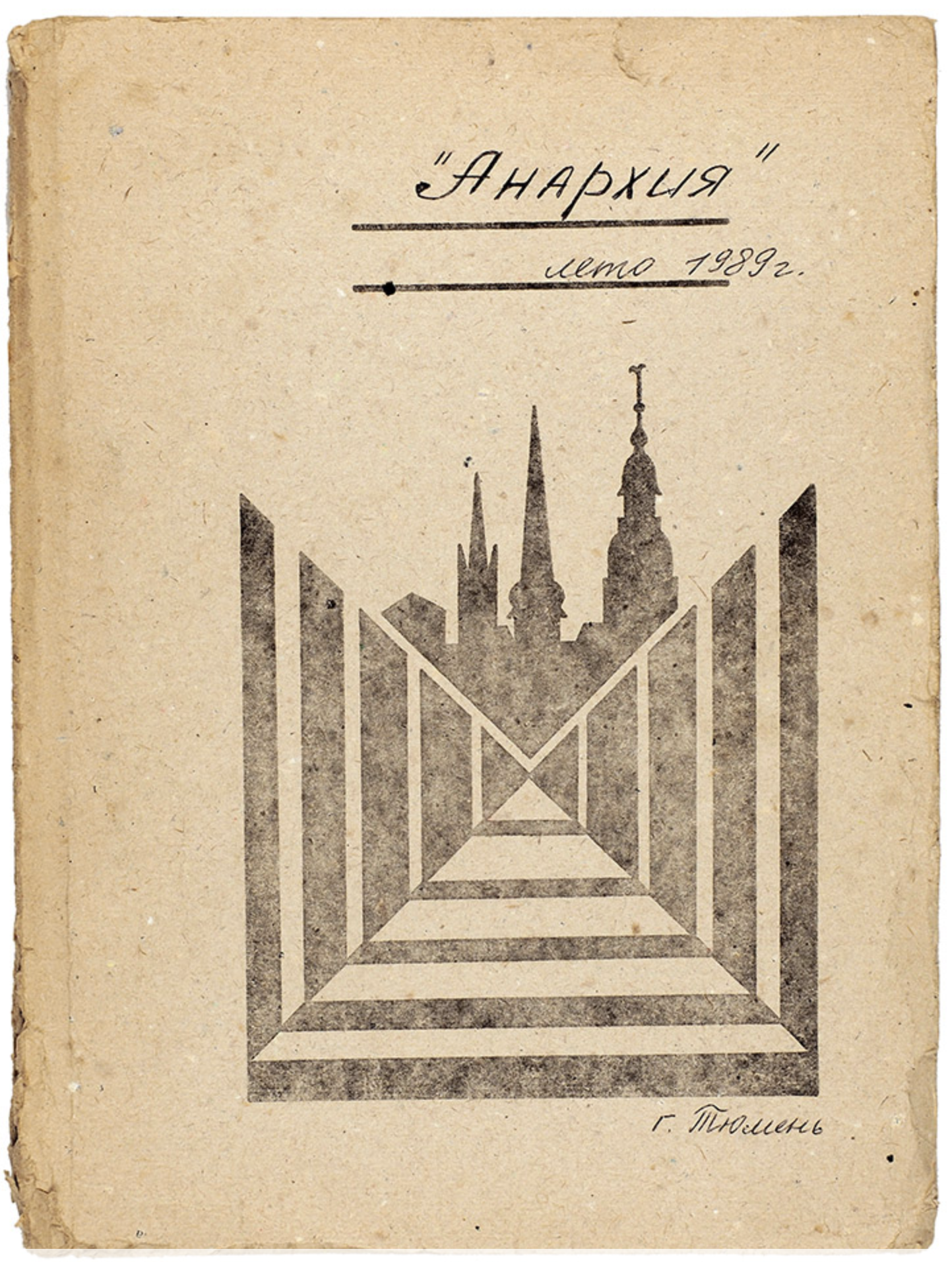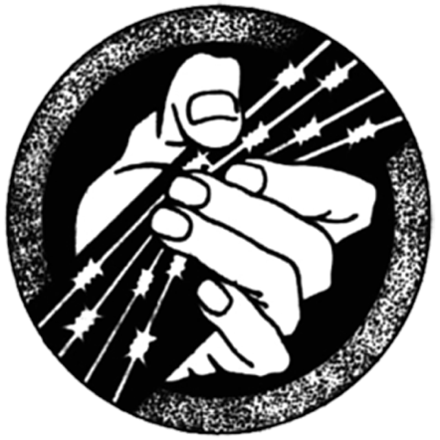Explore:
Urlait Music Journal (Samizdat) 1985-1992 (Draft)
Moscow's samizdat music journal, which followed in the footsteps of Lenigrad's Roksi while forging a new journalistic style. The journal positioned itself to in many ways reject the Leningrad scene. Despite Moscow-based bands generally leaning towards a more avant-garde, art-rock aesthetic, Urlait made a point to promote so-called "national rock." According to Urlait's founder I. Smirnov, bands like DDT, DK, and Oblachnyi Krai (Yuri Loza) were said to be "oriented towards national problems, in opposition to estrada and the confluence of Western and domestic cultural traditions."
View Artifact
Kontr Kult Ur'a Music Journal (Samizdat) 1989-1991 (Draft)
Kontr Kult Ur'a was envisioned as an ideological reincarnation of Urlait, which was deemed by the new editorial board as "cult-like" and "radically positioned." The journal also was one of the first samizdat rock zines in Moscow and Leningrad to prominently feature and promote Siberian punk rock, including Egor Letov, Civil Defence, and Yanka.
View Artifact
Anarkhia Music Journal (Samizdat) (Draft)
According to rock historican Alexander Kushnir, Tiumen's samizdat music zine Anarkhia served as "the Bible of western Siberian punk rock," standing in opposition to the other Soviet rock samizdat publications with its strict affinity to punk as its central aesthetic ideology.
View Artifact
No preview available
Tusovka Music Journal (Samizdat) (Draft)
A central zine of the Siberian underground music community. One of Tusovka's central feats was duping the KGB into allowing the continuation of its publication and dissemination. Before the first issue went to print, the journal's founder Valerii Murzin took the bold step of delivering the pre-print manuscript of the journal to his local KGB office, in this way guaranteeing the publication's survival.
View Artifact
Nautilus Pompilius perform “Last Letter (Good-bye America)” in 1988
This 1988 televised performance of Nautilus Pompilius's “Last Letter” captures the band’s cultural disillusionment with Western ideals, prefiguring post-Soviet anti-Americanism.
“Rock Against Terror”
The concert logo for the Rok protiv terrora (Rock Against Terror) music festival, which took place in Moscow on 6 April 1991.




